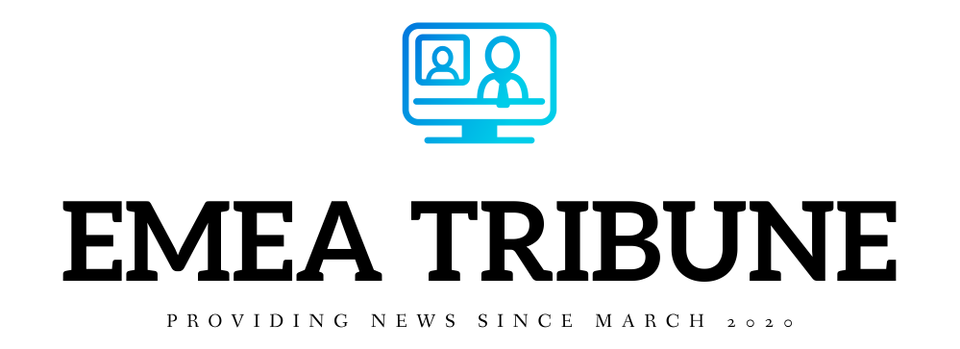Chickasaw Heritage Center work on schedule for late 2026 opening

TUPELO – Sometime late next year, the much-anticipated and long-awaited Chickasaw Heritage Center will open, telling the story of the Chickasaw Nation through the perspective of its people.
The center represents the "journey home" for the Chickasaw and their nation, which encompassed much of Northeast Mississippi, northwest Alabama, west Tennessee and southwest Kentucky before the U.S. Government forced them west in the 1830s. During the height of the nation, the Tupelo area was located at the heart of it.
Brady Davis is the CEO of the nonprofit Chickasaw Inkana Foundation, which started in 2014 with a mission to preserve, protect and interpret the Chickasaw history and culture.
"The vision for the center has been 40 years in the making," Davis said. "There were individuals here in the 1980s that wanted some type of Chickasaw cultural center, and there was some funding provided by the Mississippi Department of Archives, and Jamie Joyner our current chairperson was involved in that."
Also during that time, a Harvard archeologist surveyed the area for more than two years and found more than 1,500 sites. Five sites were identified on the 160-acre site where the CHC is under construction.
"It's extremely important that groups are allowed to tell their story and how they experienced it," Davis said. "There have been a lot of attempts in the region to share Chickasaw history and culture, and a lot of them have been very valuable and meaningful. We have a lot of great smaller regional museums, and they've done a good job with that. But we feel it's important to have the Chickasaw perspective, and what better place than the heart of their homeland from where they were removed in 1837?"
The facility will include a reconstructed village area and other attractions. The project is divided into two phases. The first includes the atrium, lobby, art gallery, multipurpose room, catering kitchen, gift shop, collections management, administrative offices and a plaza. Phase 2 will have a theater, cafe and additional space for exhibits. Davis said there will be a playground and trails throughout the property that connect to the Natchez Trace Parkway trails.
The construction of the first phase of facility is expected to be complete by late 2026, and Phase II to begin shortly after.
Between local, state, Chickasaw Nation, the foundation and business and individual donations, the project has raised more than $44 million in funding, including $16 million from the Chickasaw Nation, $16 million from the state of Mississippi, $1 million from form the Tupelo CVB and nearly $1 million raised by the foundation locally in personal donations. The foundation also pledged $10 million to cover costs.
"The original project was supposed to be only $32 million, and then of course COVID and then inflation, and the project cost swelled well over $50 million, and now we're sitting at $60 million for everything," Brady said.
Enough money has been raised to fully complete the first phase of the project and into Phase 2. The hope is that the rest of the funding for Phase 2 will be secured by the time for the first-phase ribbon cutting ceremony planned for November 2026.
Brady is also working with several companies for sponsorships and naming opportunities.
The site will have two entrances — one off the Natchez Trace Parkway, and the other is Browning Road of West Jackson Street.
Construction is on schedule, with the slab of the facility is expected to be poured in June followed by the steel framework.
"We're looking at hiring our first staff in October for the center, and Brad Deramus is the director of the Chickasaw Heritage Center," Davis said. "For over 20 years he's worked for Chickasaw Nation and was director of operations of the Chickasaw Cultural Center in Sulfur, Oklahoma."
Sarah McCullough is development and tourism manager, and has several years of experience with the Mississippi Development Authority and international business development. She spent several years with Visit Mississippi, the tourism arm of MDA, focusing on cultural heritage tourism.
"The impact of cultural heritage tourism on the local economy goes far beyond just one site; it also creates a great amenity that makes a community attractive," she said.
Additionally, the expected economic impact of the CHC is up to $6 million a year.
Davis has been working closely with Deramus with content development for the Chickasaw Heritage Center and about 90% of the exhibit hall content has been collected.
"We're coming here to honor our ancestors and make new friends along the way to be on this journey with us," he said.
The center, Davis said, is "about who we are, how we see ourselves in the world; come learn about us from our perspective. Learn about our language, how we dress, our food ... it's not just a bunch of names and dates. We want to interweave culture and history ... we want people to come out of here with an understanding about Chickasaw strength and resilience, adaptability and a strong connection with the Chickasaw people today."


